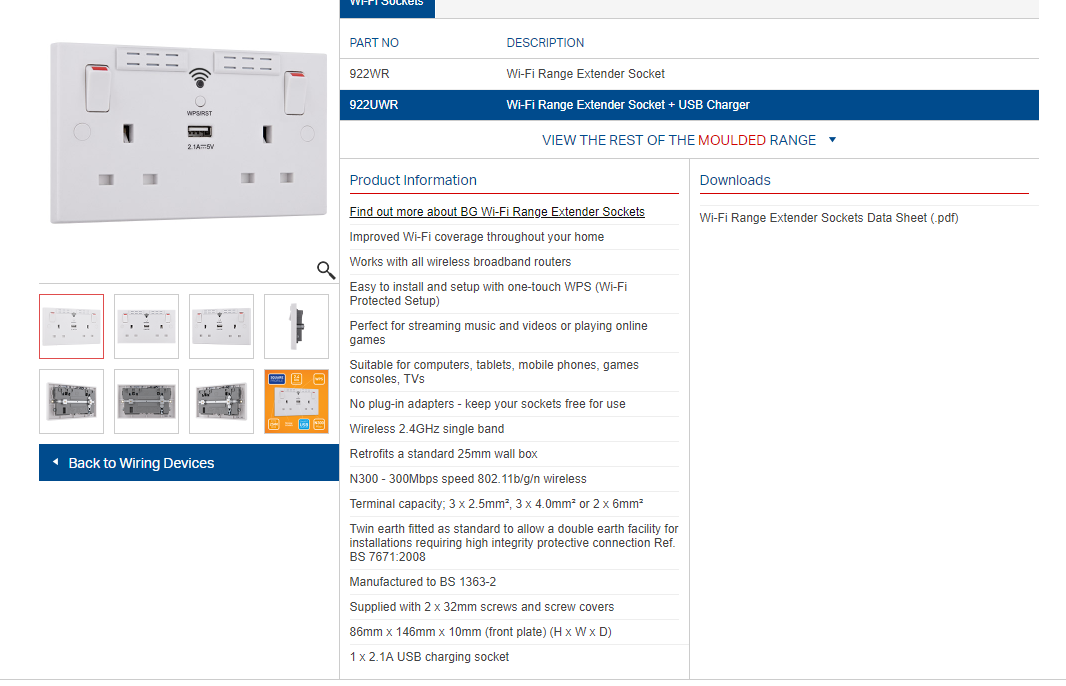Hi,
Daughter lives in old house and Virgin router wifi signal is limited, presumably by wall thickness. I tried Devolo powerline units (use them myself in newer house) but no connection, presumably due the sockets concerned are not on same circuit.
Options now appear to be:
Run a cable or 2 from existing router to location in kitchen and perhaps upstairs too, installing wifi routers there with same ssid and passwords....
Buy a new mesh system (TP-link, BT, Google, ASUS or similar) and install it. Worried about this because it might hit the same limitations as the existing wifi....
Has anyone advice based upon experience in a similar situation?
Ta!
Daughter lives in old house and Virgin router wifi signal is limited, presumably by wall thickness. I tried Devolo powerline units (use them myself in newer house) but no connection, presumably due the sockets concerned are not on same circuit.
Options now appear to be:
Run a cable or 2 from existing router to location in kitchen and perhaps upstairs too, installing wifi routers there with same ssid and passwords....
Buy a new mesh system (TP-link, BT, Google, ASUS or similar) and install it. Worried about this because it might hit the same limitations as the existing wifi....
Has anyone advice based upon experience in a similar situation?
Ta!






